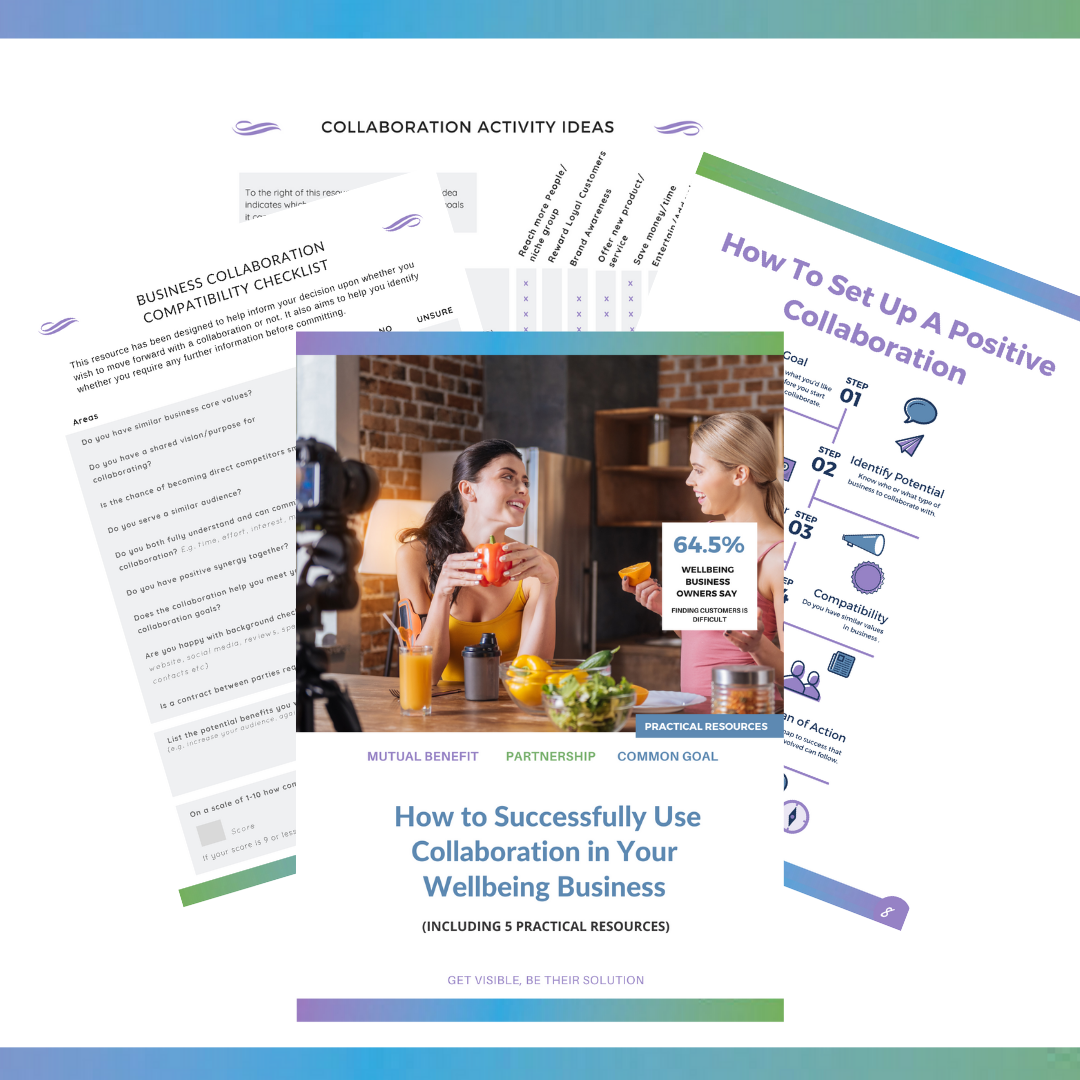Overthinking – 8 Common Signs And How To Tackle Them
9th Apr 21
The term ‘overthinking’ can sometimes be used in jest – such as when we can’t decide what to pack for a weekend away, so we joke about taking the whole wardrobe!
But we’re sure if you experience overthinking quite a lot, you’re not quite able to see the funny side of it!
We mean it’s hard to see the funny side of things when your mind, whether you want it to or not, is thinking way too much about something, for way too long.
The reality is that overthinking can be debilitating. This is because you are either spending a lot of time beating yourself up for past mistakes, or you’re worrying about what might happen in the future. All of which can feel hard to sidestep once overthinking has got a hold of you, leaving you unhappily trapped within the dialogue and conflict of your mind.
The first way to help yourself in tackling overthinking is to actually be aware that you’re an over thinker. Do you actually know what you own tell-tale-signs are? Sometimes it can be hard to recognise what has become second nature to you. So to help gain more insight, here are 8 common signs of over thinking and how to tackle them:
1. Is over-analysing your super power?
This is when you are spending way too much time in your head negatively examining what might happen, creating scary hypothetical scenarios, reading too much into things and making grave assumptions.
How to tackle it: One really good way to offset over-analysing is by busying the body and distracting the mind through exercise; such as running, dancing, gardening, household chores etc. Not only will you be keeping fit, but you’ll increase the happy endorphins in your body that help to reduce stress/anxiety.
2. Are you an overthinking second guesser?
This is where you constantly doubt your decisions, and through guess work alone try to work out whether you’ve made the right choice or not.
How to tackle it: Trust your gut instinct, if it feels right to you at the time – then that is the right decision for YOU. If the ‘what if?’ statements starts to make an appearance in your thoughts, take the worry and sting out of them by asking yourself the following questions:
~ What is the worst that can happen?
~ If that did happen, what can I actively do to handle that?
3. Do you experience poor sleep/insomnia?
This is where your racing mind decides it’s a great time to go over past or foreseeable events and prevent you from getting much needed sleep, resulting in fatigue and irritability.
How to tackle it: Begin to re-train your mind to concentrate on what you want, rather than what it wants. You can do this by a simple practice of counting numbers backwards or placing your attention on your breathing. If your mind is distracted simply bring it back to the activity you are carrying out. Zzzzzzzzzz won’t be far away!
4. Do you find it hard to let go of things when your overthinking?
This tends to be when we are unable to accept what we have no control over we expel wasted and exhausted energy going over things in our mind, which could naturally be spent on better things.
How to tackle it: Here are some self-coaching questions to help draw you closer to letting go:
- What am I afraid will happen if I let go?
- Do I really believe this? Is it a valid belief? What do I really believe?
- How willing am I to truly let go of what I am unable to control?
- What ways can I help myself to let go and surrender?
5. Do you berate yourself a lot, and we mean a lot?
This is when you’re self-critical or insensitive towards yourself due to a perceived mistake or shortcoming.
How to tackle it: We’re usually far better at being open-minded and kind towards others, than ourselves. So the next time you hear your inner voice telling you off, try asking yourself one of the following questions;
- If a friend was in your shoes, what would be the first thing you’d tell them?
6. Do you find it hard to make decisions with your overthinking mind?
This is when overthinking causes the rational part of your brain to shut down reducing your ability to think clearly and make decisions.
How to tackle it: Use the 24 hr rule– if you’re not feeling at your best, make a packed with yourself not to make a decision until after 24hrs. This prevents you from agreeing on impulse to something you may regret later. Manage the situation by letting the person know you will get back to them asap!
Ps. there is also a helpful ‘Decision, Decision’ resource in the FREE Resilience Toolkit if you need extra help.
7. Do you tend to always expect the worst?
This is where you worry to the point that you imagine the worst case scenario happening in your situation and believe you can’t cope.
How to tackle it: Don’t give your thoughts a worry platform. Remind yourself you’ll cope whatever! If your thoughts are scaring you, similar to the suggestion given for tackling ‘second guessing’ – ask yourself: what is the worst that can happen? And then: How could you best handle that outcome? Exploring what actions you could take will help you to regain a sense of control!
8. Do you find it hard to switch the brain off?
This is when your mind has got so excited (and not in a good way) because the stress response (fight or flight) has been triggered and your mind is looking for a solution to resolve the danger it perceives as real.
How to tackle it: Mindfulness is a really good resource to use for managing the effects of overthinking and the racing mind. This is because the practice of mindfulness is focused on helping your mind to remain in the present and not racing off to worry about future or past events. A quick way to practice is to set a timer for 2 minutes. Close your eyes, and place your attention on your breath. Take a slow deep breath in through your nose to the count of 4. Pause for the count of 4 and then exhale for the count of 4. Continue this cycle until the 2 minutes are up.
Hopefully at the end of this you have more insight into your own overthinking tell-tale signs and better still how to tackle them. Everyone is different and overthinking can present it’s self in different ways. However, the advice is always the same ‘don’t let overthinking get the better of you’. Always take action to help minimise its impact and gain back control.
Disclaimer: The information contained on this Site is provided for general educational purposes only and is not intended to diagnose, treat, cure, or prevent any disease or health condition. Please consult a qualified health care professional to diagnose your health condition and prevent self-diagnosis. We do not dispense medical advice or prescribe or diagnose illness. Read full medical and health disclaimer.

























